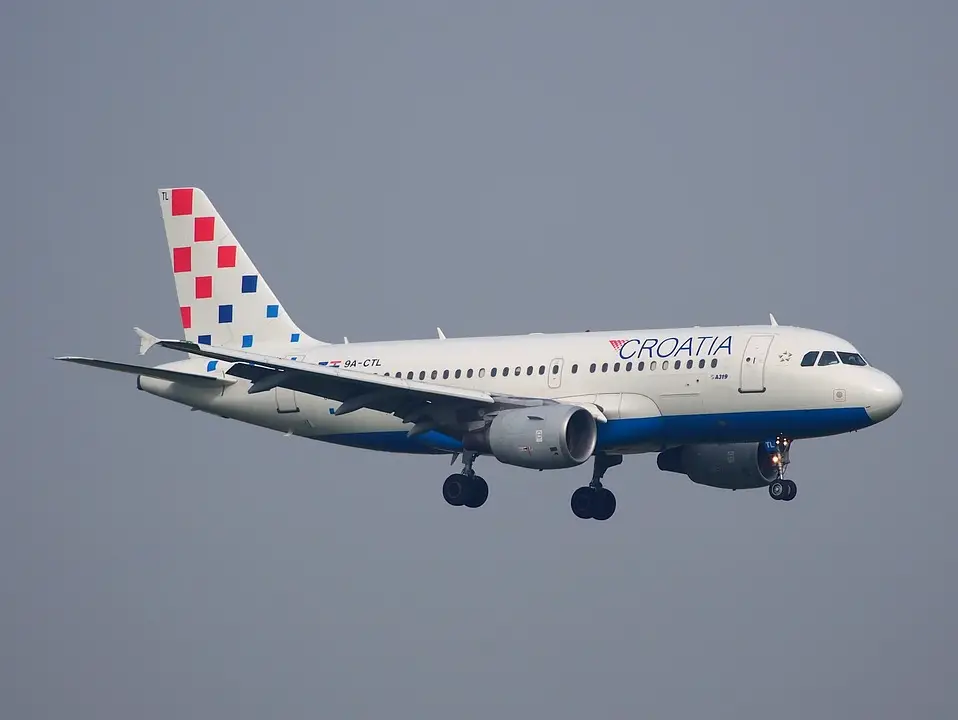As Poslovni Dnevnik/Jasmin Bajic writes, the global health crisis is having an extremely devastating effect on the world’s air transport industry, which is among the most affected economic activities, and the coronavirus pandemic will continue to be the biggest immediate threat to the airline and travel business next year.
Forecasts of the most relevant international aviation associations and organisations say that this is the longest and worst crisis and it is predicted that the recovery of air traffic will take longer than it did during previous crises, and it is believed that a full return to pre-crisis levels can be expected only in 2024.
In particular, according to the International Air Transport Association (IATA), airlines globally made a historically record loss in 2020 of $137.7 billion, with an average loss per passenger of $76.2 billion.
For the year 2021, IATA estimates total airline losses to stand at $51.8 billion, and in 2022, the projected losses seem that they’ll be reduced to $11.6 billion. The pace of recovery will be determined by the implementation of vaccination programmes and the complete lifting of border restrictions, which, together with uncertainty and complex regulations on passenger traffic, are hampering international travel to this day.
In the implementation of the risk management process of Croatia Airlines, the most important risks were identified according to the possible impact on the company’s operations, the monitoring of which should ensure mitigation of possible negative consequences and transformation of risks into opportunities, wherever possible. Reduced demand for air transport services is a significant additional risk, which imposes the need for the continuous and up-to-date adjustment of capacity supply and constant optimisation of flight schedules.
Regular traffic planning will continue to depend on external factors beyond the company’s control, such as travel and border restrictions, bans and other measures issued by the National Civil Protection Directorate, which directly affect the ability to travel in both domestic and international regular traffic.
Accordingly, Jasmin Bajic says, Croatia Airlines will continue to focus on the flexible planning of their flight network with a forecast of demand for certain types of travel, and they will strive to achieve optimal occupancy and the average tariff in traffic conditions with reduced capacity.
However, a certain optimism we’re witnessing is based on the latest forecast of the International Monetary Fund, which in 2022 predicts the continuation of the recovery of the Croatian economy, ie growth of 5.8 percent. In this context, Croatia Airlines says its focus in 2022 will primarily be placed on cost rationalisation and the implementation of the company’s now well defined post-covid strategy.
Jasmin Bajic stated that the company continue to take all measures of active liquidity management and business optimisation, as well as the further application of rigorous austerity measures. During this year, the company worked with the leading international strategic consulting company BCG to develop a good post-covid strategy to define strategic initiatives, the implementation of which, with the prior consent of the majority owner of the Government of the Republic of Croatia, will last three years and enable sustainable business.
For more, check out our dedicated business section.









